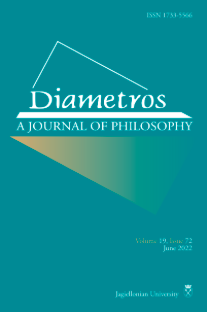Rethinking Compensation for Bad Luck
Rethinking Compensation for Bad Luck
Author(s): Lamont RodgersSubject(s): Ethics / Practical Philosophy, Philosophy of Law
Published by: Instytut Filozofii Uniwersytetu Jagiellońskiego
Keywords: egalitarianism; luck; compensation; welfare; Arneson;
Summary/Abstract: Luck egalitarianism (LE, henceforth) is a fairly prominent theory of justice. While there are many versions of LE, they all agree that, at least to some extent, it is unjust for individuals to lose the opportunity for welfare at least when that loss occurs through no fault of the individual’s own. Many writers take LE to have direct political implications; they write as if the truth of LE entails that resources should be taken from some – perhaps those who enjoy lots of unearned welfare – and delivered to those who suffer through no fault of their own. I argue that luck egalitarians should refocus their thinking on what I call a “Systemic Model” of compensation. This model holds that (a) what matters most to offsetting bad brute luck is that individuals have opportunities to make up for losses of welfare and (b) political systems should be designed to prevent some individuals from capturing resources in a manner that frustrates the ability of others to offset their own losses due to unearned bad luck and (c) political systems should aim to maximize the opportunities individuals have to make up for their own bad luck.
Journal: Diametros
- Issue Year: 19/2022
- Issue No: 71
- Page Range: 30-45
- Page Count: 16
- Language: English

